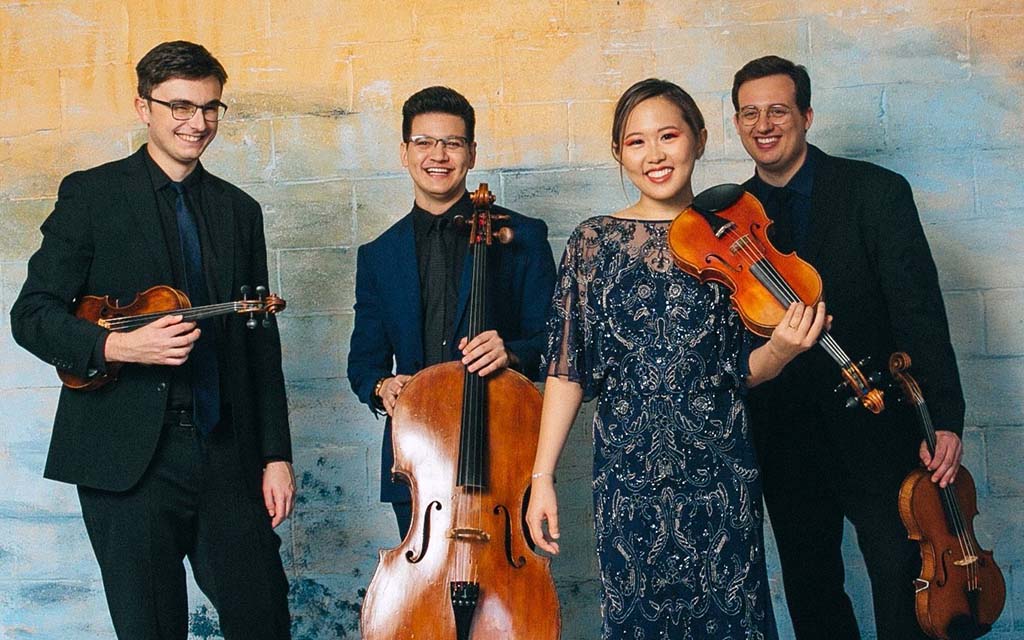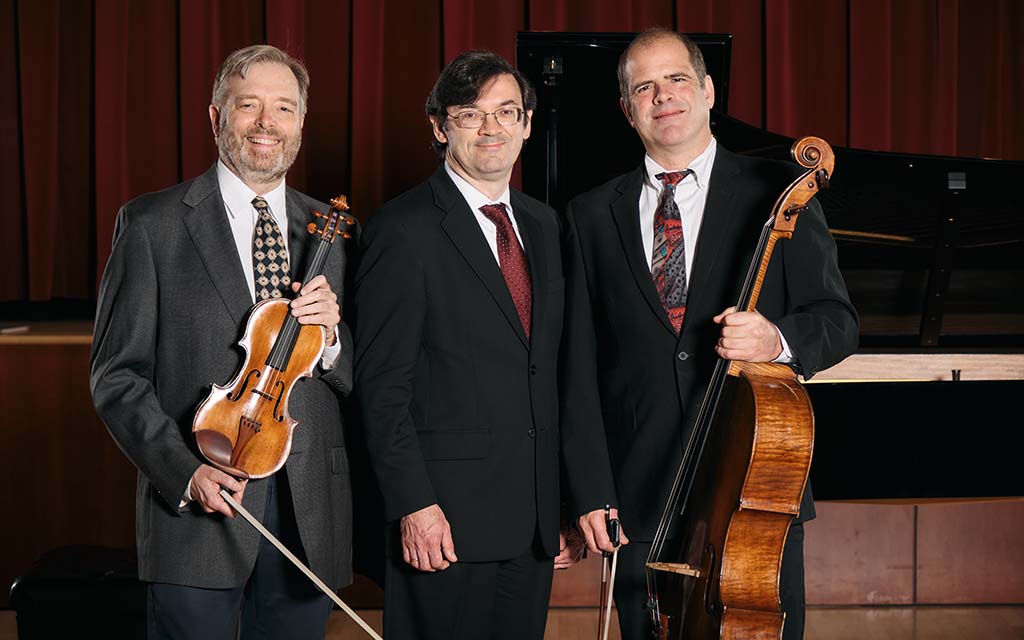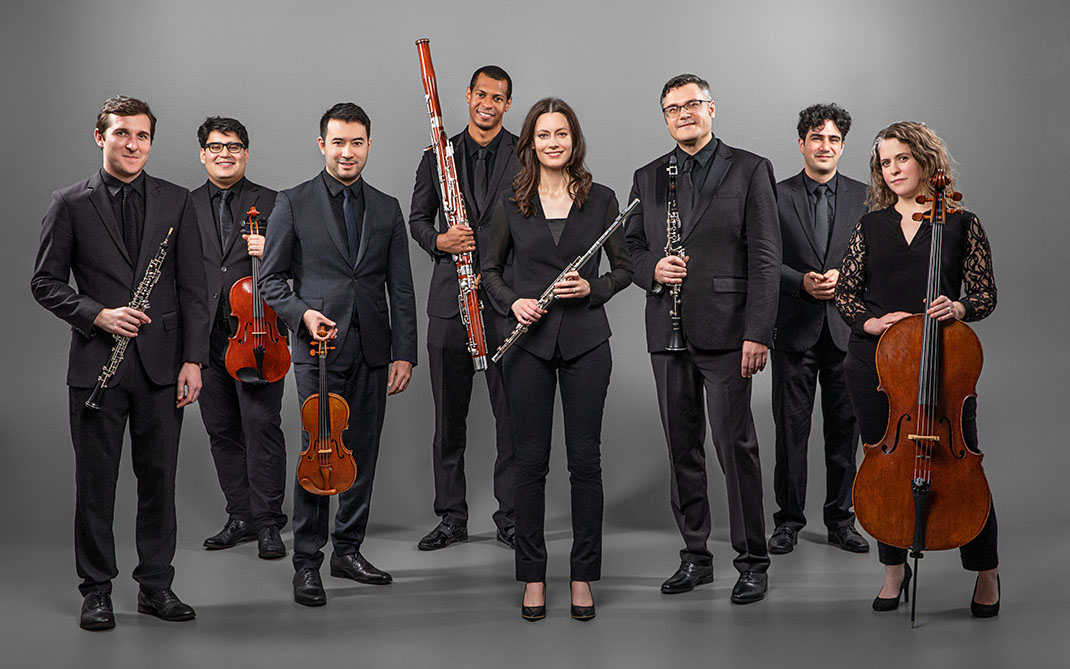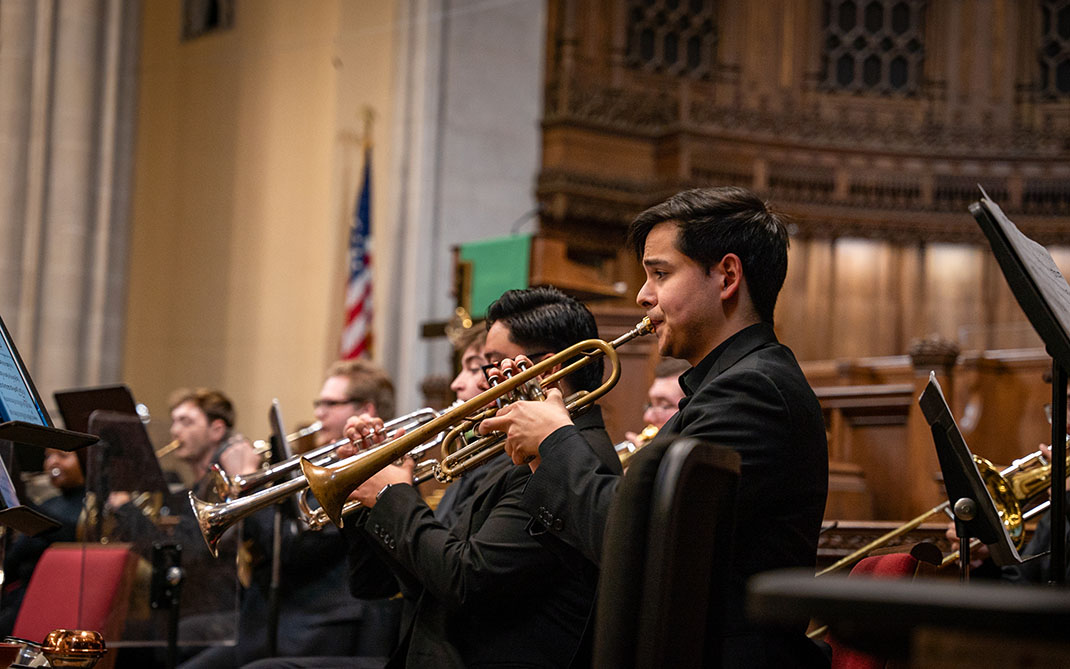Guidelines for Reviewers of Rank Promotion Applications
ESP: The Engaged & Sustained Professoriate at UNCSA
In 2012, the UNCSA Faculty adopted a rank system that was inspired by Ernest Boyer’s nontraditional approach to looking at all of the activities of an educator, not simply at publications. The rank system is shaped by the fact that the UNCSA Faculty consists primarily of artists, creative technicians, craftspeople and educators transmitting their knowledge to new generations of artists and audiences. UNCSA is a dedicated arts conservatory, not a liberal arts and sciences institution and, therefore, many of the artists’ curricula vitae reflect deep experiential, industry-driven arts equivalents to traditional academic activities.
All of our faculty are encouraged to invest their time, careers, attention to engaged and sustained investment in three areas: service, teaching, and creative activity/research.
Levels of Performance
In their self-evaluations, faculty applying for rank promotion will indicate in which of the three areas they would like to be found Outstanding or Good.
- Faculty applying for Associate Professor must be assessed as Outstanding in one area, and assessed as at least Good in the two other areas.
- Faculty applying for Professor must be found Outstanding in two areas and at least Good in the remaining area.
The individuals assessing a faculty member’s application for rank promotion based on engaged and sustained activity are given the evaluation options of four levels of performance; Outstanding; Good; Satisfactory; and Does Not Meet Criteria. The Faculty Rank Committee (FRC) offers the following definitions of performance levels, taken from a number of standard sources, which may help reviewers focus on levels of candidates’ accomplishments:
- Outstanding. That which stands out from the rest in quality, importance, and/or achievement; noteworthy; exceptionally good; stands out among others of its kind; prominent.
- Good. Favorable; of somewhat high quality; deserving of respect; honorable; effectual; competent; thorough.
- Satisfactory. Fulfilling expectations or needs; acceptable; adequate; sufficient.
- Does Not Meet Criteria.
The definitions may be applied to any of the evaluative criteria listed on Engaged Criteria.
Definition of Engagement
The notion of engagement is adapted from Ernest Boyer’s vision of a campus whose teaching, creative and research activities, and three types of service – to the institution, to the community and to the profession – are connected within and across disciplines and within and across local, regional and professional communities and objectives that are collateral to the UNCSA’s mission.
“Engagement,” for the purpose of rank promotion, means that a faculty member's professional efforts in areas of evaluative criteria are propelled by heightened intent, purpose and focus. “Engagement” creates what Boyer calls “a special climate” in which faculty efforts in all areas of evaluative criteria are committed, vigorous, dynamic, energetic and sustained over time.
Definition of Sustained Activity
Sustained activity is the persistent, consistent, continual or regularly recurring value-driven involvement in focused creative activities, research, service or teaching path objectives. Sustained activity may take different forms. It is the responsibility of the well-prepared faculty member applying for rank promotion to make their "case" by providing strong context and solid documentation for consideration.
Sustained activity may be publicly manifested and subject to peer review or other reflective feedback recognized in the profession, field or domain. Sustained activity may also be pursued through unpublished – but documented – work, research or project interests that demonstrate the abiding interests, professionally-related values, and/or plan of development of the faculty member. In all cases, whether the sustained activities are failed or successful; singular or collaborative; moving toward one conceived goal or multidirectional (e.g., teaching/learning), or if they are reiterations of activity dedicated to ever-refining, strengthening, bolstering or sharpening professional skill sets or path objectives, they must clearly be carried forward over time.
Self-Evaluation for Faculty Rank
The self-evaluation portion of the rank promotion application is the only opportunity for faculty candidates applying for promotion to voice the specific reasoning that leads them to believe their work is outstanding in one of the three development areas. In this document, faculty will demonstrate how the documents and materials they are providing meet the expectations of engaged creative activity/research, engaged teaching, and/or engaged service and that these activities have been sustained and engaged over their time at UNCSA.
It is the responsibility of the candidates to state their case as to why their activities should be considered outstanding or good to those who will be reviewing their documents. It is not enough to simply list activities performed over time. It is to the candidate’s advantage to clearly explain why they have chosen the specific activities that are sustained and engaged over time to be evaluated by those who do not know the faculty member’s day-to-day or year-to-year commitment to the university. See the chart of example of activity and sample measures of performance.





